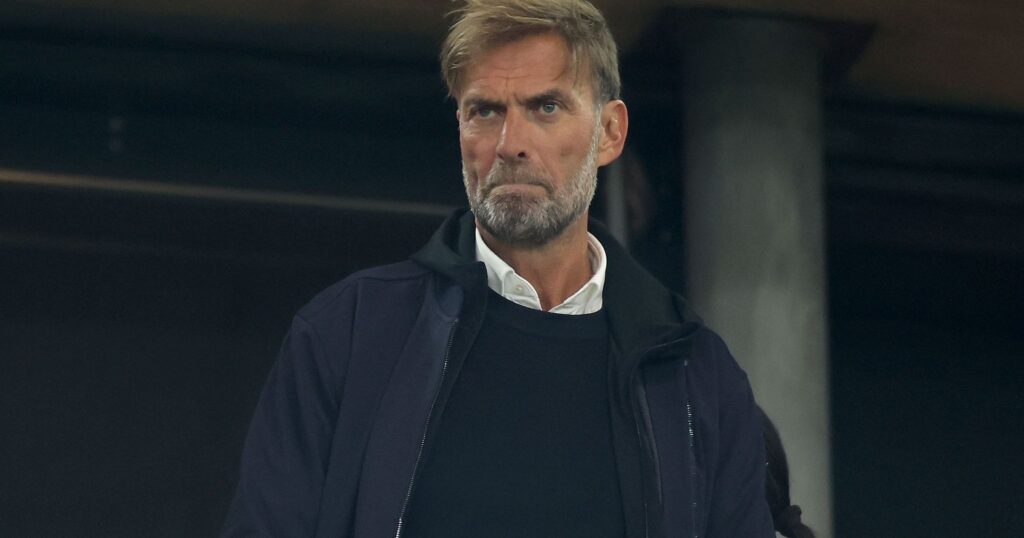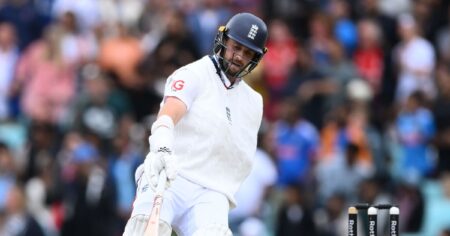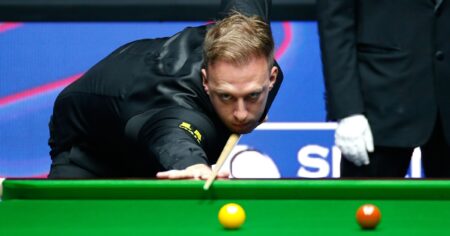The ongoing discussion surrounding the scheduling of the newly-expanded Club World Cup has sparked varied opinions from prominent figures in the world of soccer. Jurgen Klopp, the head of global soccer for Red Bull and renowned manager, has raised significant concerns about the timing and duration of the tournament, emphasizing that these factors could exacerbate the risk of injuries and burnout among players. Given the current structure of the tournament, which includes 32 teams competing in the event taking place across the United States, these concerns are particularly relevant. The tournament kicked off on June 15, merely three weeks after the conclusion of the Premier League season, and is set to culminate with the final on July 13, just four weeks before the onset of the new league campaign.
In his remarks to *Welt*, Klopp expressed his discontent, stating, “In the end, it’s all about the game and not the surrounding aspects— and that’s why the Club World Cup is considered the worst idea ever implemented in football with respect to player welfare.” His statement underscores a broader issue that many managers and players have voiced regarding the congested football calendar. Klopp articulated that decisions appear to be made by individuals who have become disconnected from the daily realities of the sport, saying, “People who have never had anything to do with day-to-day business or who no longer have anything to do with it come up with something.” The accumulation of tournaments over the past few years only adds to his argument; with last year featuring both the Copa America and European Championship, and this year encompassing the Club World Cup, followed by the World Cup next year, Klopp feels that the relentless schedule offers little room for genuine relaxation and recovery for players.
The toll on players is becoming increasingly apparent, as Klopp pointed out when he compared the rigorous demands faced by footballers to those of NBA players, who typically enjoy a substantial four-month break each year. “This is what Virgil van Dijk got in his entire career,” he stressed, drawing attention to the unrestrained pressure soccer players are under due to their demanding schedules. Such an environment raises questions about player well-being and the long-term sustainability of a sport that often overlooks the need for physical and mental recovery.
On the other hand, Pep Guardiola, the manager of Manchester City, offered a contrasting perspective. He views participation in the tournament as an honor and a privilege. Earlier this month, Guardiola expressed his enthusiasm for the competition, stating, “I have the feeling that it’s a privilege to be here. There are people that say, ‘But it’s so annoying, why should you be here?’ but once you are here, it’s a privilege.” Guardiola’s insight reflects an appreciation for competitive opportunities, acknowledging the rarity of such tournaments—especially as the next Club World Cup is not scheduled to occur for another four years. His admiration extends to the cultural aspect of the competition, highlighting the vibrancy and passion of teams from Brazil and Argentina, saying, “I love when I see Botafogo, Fluminense, and all the Brazilian teams, Argentinian teams, and how they celebrate the goals, how they are together.”
As both Klopp’s and Guardiola’s perspectives illustrate, the debate concerning the Club World Cup encapsulates broader conversations about player welfare, the structure of international competitions, and the balancing act between the sport’s commercialization and the athletes’ physical and mental health. The tension between prioritizing competitive prestige and ensuring the well-being of players will undoubtedly remain a pivotal topic in discussions about the future of soccer as an ever-evolving global spectacle. The fact that viewers can stream multiple leagues and tournaments, including the Premier League and UEFA competitions via platforms such as TNT Sports and discovery+, further emphasizes the intersection of demand, entertainment, and the realities faced by professional athletes today.












